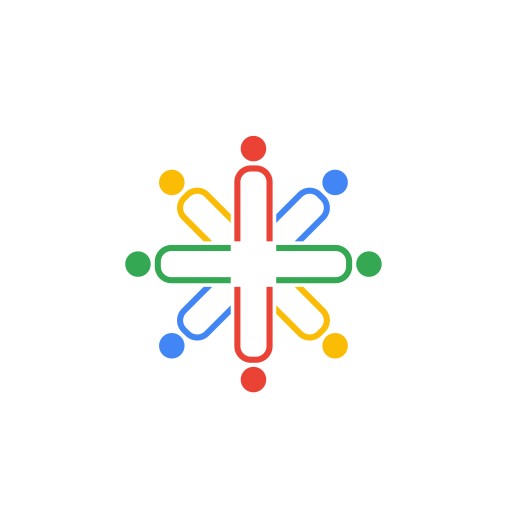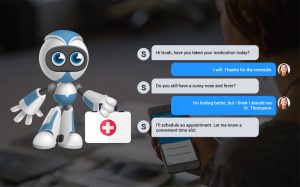Why use a Chatbot in Healthcare
The advancement in technology has brought along the advancement of artificial intelligence robots. These robots are performing the jobs that were once exclusive to humans and are augmenting the experience of engagement to allow lower level questions and more predictable answers to be assessed to support a superior interaction. With the evolving world, these robots have been placed in almost every sector starting with manufacturing, restaurants, homes, institutions, companies and in our own pockets (smart phones). Likewise, this idea did not leave out the health sector with chatbots such as Your.Md helping patients find local specialists, ask health-related questions and even check their symptoms. It will be no shock if in the near future people find comfort and ease in engaging an AI chatbot in a mobile app for a medical information and support.
History of Chatbots
Chatbot innovations have taken place and been in existence for many years. The idea of initiating a conversation between a machine and a human being started with Eliza. Although it was neither a person nor a doctor, Eliza was a 200 lines experimental code program which opened the door to the possibility of a human conversation with software. The first ever chatbot to pass the turning test which blurs the line between talking to a human or a robot was Parry first implemented in 1972. Several other inventions that have come up over the years have proven beyond doubt that you can even go as far as creating a doctor-like chatbot that can pre-diagnose your symptoms before you an in person visit with a doctor.
Healthcare and Chatbots
Chatbots have played a big role in healthcare. In addition to helping in the time of unnecessary doctor’s appointments, these chatbots have saved the patients increasing costs involved in the doctor’s appointments. Chatbots provide patient support and help in the global shortage of healthcare professionals. A major value contributor is found with the proliferation of smart phones and mobile apps that provide healthcare information and support in an era of high healthcare costs where many are uninsured and not afforded access.
Your doctor is supported with additional information from a chatbot when they receive your daily exercises and confirmation of taking medication as prescribed. In addition to this, health and fitness chatbots like HealthTap allows users to ask medical questions and receive answers from doctors. There is a rise in the number of chatbots being adopted by users for their effectiveness in monitoring patients which include among others Behavioral change: GoCarrot, Diabetes support: Brook.ai, Health assistant: Betterise and Medication adherence: Sense.ly. In other words, chatbots save you the long queues while waiting to see a doctor.
The advantage of chatbots lie in the immediate and interactive nature of the exchange. For example, when you visit a hospital website for information, the feedback is often delayed which can provide an incomplete medical picture. The back and forth of a chatbot, allows the client to navigate towards information they want with great precision and also saves time and effort. Therefore, when it comes to acquiring information on a health issue, chatbots are more efficient, responsive and inclusive
However, even with the popularity of chatbots on several messaging platforms such as Facebook Messenger, iMessage, Skype, Snapchat, among others, when it comes to matters of life and death, care needs to be given to privacy and accuracy of information. The role of the trained physician will always remain important in the overall management and care of an individual.
Chatbots hold hope for earlier detection, a more engaged and better informed patient and more real time data. Having the right information, at the right time, increases better healthcare outcomes and greater patient satisfaction.
Brenda Hopkins, RN, MBA | Founder, Healthcare Disruptors
View Article, Originally Distributed on AI & Chatbot News


Recent Comments